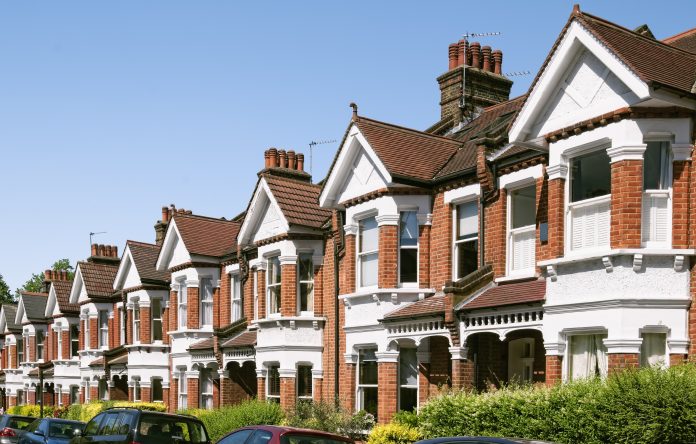A new report has revealed that mental health patients across England are ready to be discharged but are unable to leave due to a severe shortage of supported housing
In 2023/24, patients spent a total of 109,029 days, approximately 300 years, stuck in mental health hospitals, waiting for suitable accommodation.
This delay significantly impacts their health outcomes and prevents other patients from being admitted, highlighting a growing crisis in the sector.
Delays in discharging mental health patients have cost the NHS £71m
The lack of supported housing is responsible for around 20% of all delayed discharges from mental health hospitals and nearly three-quarters of housing-related delayed discharges.
These delays have cost the NHS an estimated £71 million in the past year. The number of people unable to be discharged from general hospitals due to housing-related issues has tripled since 2021. What was once 49 patients per week is now 153.
Supported housing in England is declining, causing further NHS strain
Supported housing plays a vital role in helping individuals with mental health issues, learning disabilities, survivors of domestic abuse, and other vulnerable groups live independently with the support they need.
The availability of this housing has been steadily decreasing in recent years. Financial pressures, including cuts to council contracts and rising operational costs, have led to the closure of numerous supported housing schemes. Last year alone, around one in three providers were forced to shut down due to these pressures.
In total, England has about half a million supported homes, but that number is declining. Since 2007, the country has lost 1,540 supported homes, despite the population growing by 12%. According to estimates, between 211,200 and 490,200 additional supported homes will be needed by 2040 to meet the increasing demand. Without these homes, many people with complex needs are at risk of homelessness or, worse, poorer health outcomes that could further strain the NHS.
Council funding for supported housing
One of the main factors contributing to the shortage of supported housing was removing the ring fence on council funding in 2008.
This change allowed local councils to divert housing-related support funding to other areas of spending, which, combined with cuts to council budgets since 2010, has resulted in fewer resources being allocated to supported housing services.
The National Audit Office reports that, between 2010 and 2020, funding for supported housing was cut by 75%, which is more than £1 billion.
The financial strain on housing providers has also worsened. Rising inflation, energy costs, and new government regulations have all contributed to increased expenses, while contracts from local councils continue to shrink.
Since 2010, 38% of supported accommodation services for single homeless people have closed.
This situation is expected to worsen in April with the planned increase in National Insurance Contributions (NIC) for employers, including supported housing providers.
While the government has offered a rebate for public employers like local authorities and the NHS, supported housing providers will not receive similar protections, further threatening the sustainability of services.
£1.6bn to support housing-related services
If these challenges aren’t addressed, some providers may be forced to stop offering services altogether. This would result in losing 70,000 supported homes nationwide.
To ensure the future of supported housing and prevent further delays in mental health patient discharges, the National Housing Federation (NHF) urges the government to allocate at least £1.6 billion annually to support housing-related services.
This funding should be earmarked for local authorities and integrated into the government’s long-term housing strategy to ensure that people with complex needs can live independently in safe, affordable homes.











